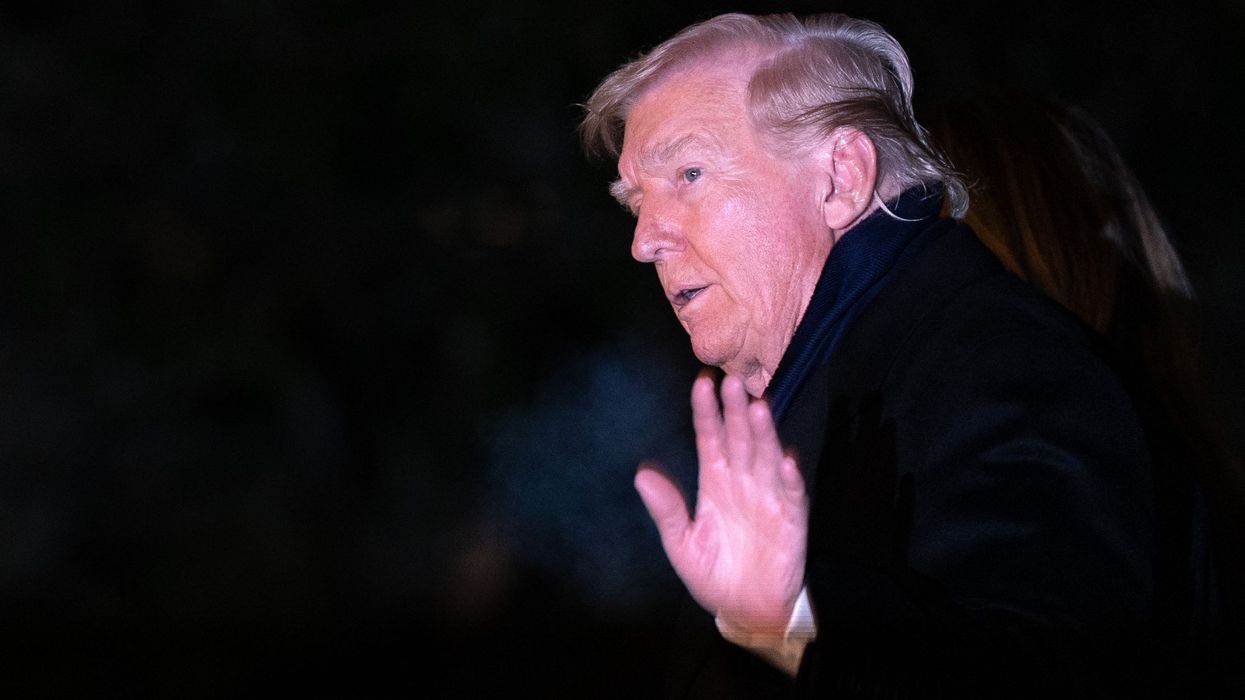"When Old City Hall Station first opened in 1904—one of New York’s 28 original subway stations—it was a physical monument to a city that dared to be both beautiful and build great things that would transform working peoples’ lives," Mamdani said in a statement.
"That ambition need not be a memory confined only to our past, nor must it be isolated only to the tunnels beneath City Hall: It will be the purpose of the administration fortunate enough to serve New Yorkers from the building above," he added.
Mamdan ran on a platform of fare-free city buses—to be funded by tax hikes on corporations and wealthy individuals—improved public transit performance, sustainability and emissions reduction, technology-enhanced mobility, and multimodal integration.
"When I take my oath from the station at the dawn of the New Year, I will do so humbled by the opportunity to lead millions of New Yorkers into a new era of opportunity, and honored to carry forward our city’s legacy of greatness," Mamdani said.
Mamdani is set to be ceremoniously sworn in at a 1:00 pm public event at City Hall alongside incoming Comptroller Mark Levine and reelected Public Advocate Jumaane Williams, both Democrats. CNN reported Tuesday that Mamdani will be introduced by Ocasio-Cortez (D-NY).
“For the many New Yorkers who have long felt betrayed by a broken status quo, Congresswoman Alexandria Ocasio-Cortez embodies a new kind of politics that puts working people at the heart of it,” Mamdani said in a statement.
“I’ve been so proud to count her as a partner across the many stages of our people-powered movement—from the primary campaign to our Forest Hills rally in October to the very first day of the transition—and I’m honored that she’ll be a part of our historic City Hall inauguration," he added.
Sanders (I-Vt.) will subsequently administer the oath of office to Mamdani.
“His victory is not just about one city or one election, it is about the strength of a working-class movement that says unequivocally: The future of New York belongs to the people, not the billionaire class," Sanders said last week of Mamdani. "It is my honor to swear him in as the next mayor of New York City.”
Streetsblog reported that the ceremonial inauguration will take place alongside a car-free block party on Broadway.
While Republicans—and plenty of so-called "moderate" Democrats—are unnerved by the prospect of Mamdani's mayordom, a recent Rasmussen survey found that a majority of all US voters under the age of 40 want a democratic socialist to be the next president of the United States.
"A significant majority of Americans are sick of the neoliberal 'let the rich run things because they know best' bullshit that Republicans, 'tech bros,' and a shrinking minority of on-the-take Democratic politicians embrace," frequent Common Dreams opinion contributor Thom Hartmann wrote last week.
"The exploding popularity of progressive politicians from Zorhan Mamdani to Bernie Sanders, [Democratic Texas Congresswoman] Jasmine Crockett, and Alexandria Ocasio-Cortez aren’t an anomaly," he added, "they’re a signpost to both electoral and governing success for the next generation of genuinely progressive Democratic politicians."




